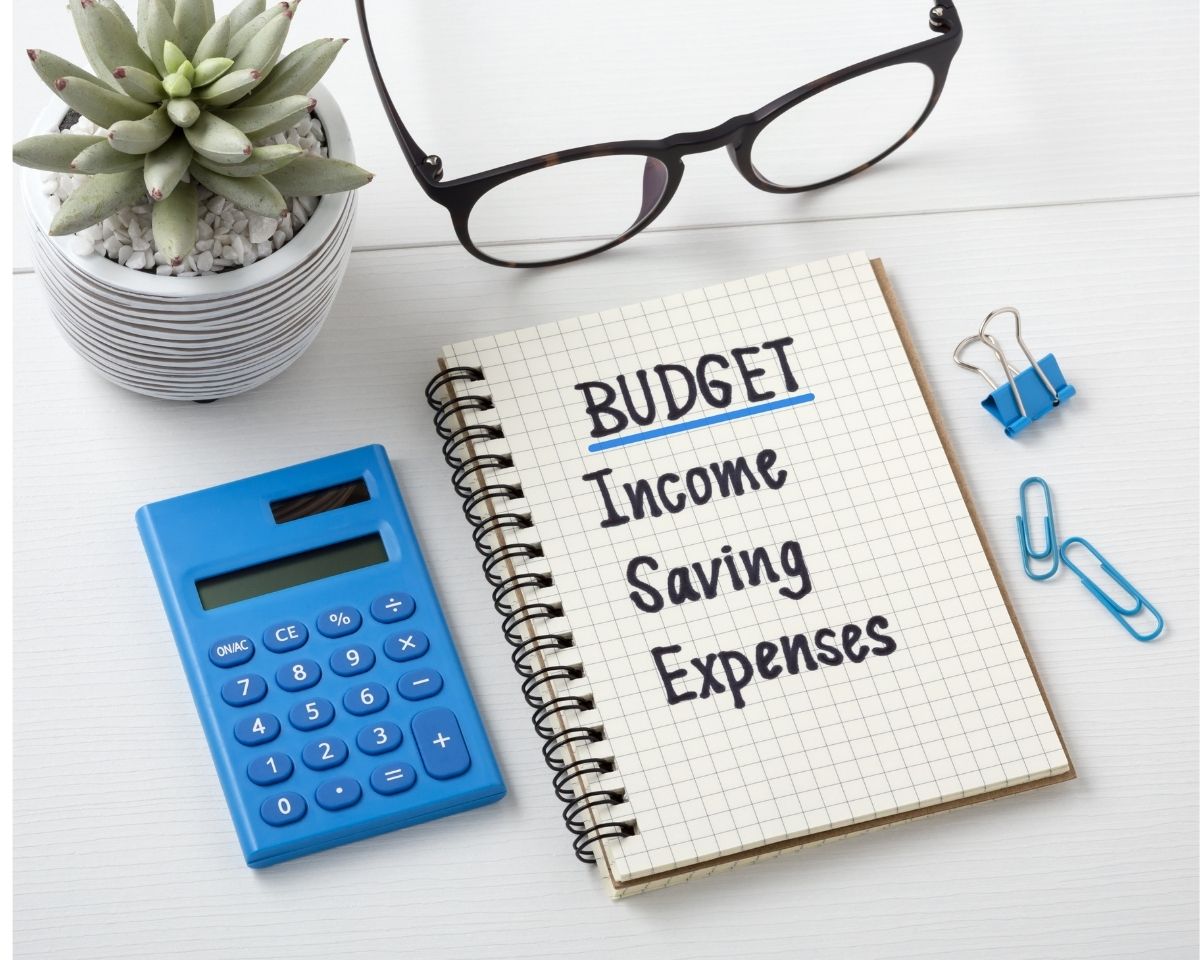Your cart is currently empty!
It’s Never Too Early to Start Budgeting for Anything You Plan to Spend Money On!
By Muhammad JESSE, Mentee Writers Hub/Youth and Finance
Introduction
In the journey toward financial empowerment, budgeting is the next critical step after cultivating a saving mindset. For refugee youth in Kyaka II, whether you’re pursuing education or not, mastering budgeting is key to managing limited resources and building a stable financial future. This guide is tailored specifically to your experiences and challenges, offering practical tips and examples relevant to your life.
What is Budgeting, and Why is it Important?

Budgeting is the process of creating a plan for how to spend your money. It helps you prioritize your needs, save for future goals, and avoid unnecessary debt. For refugee youth, budgeting offers the following benefits:
- Maximizing Limited Resources: Ensures every coin is spent wisely, making the most of small incomes or donations.
- Building Financial Discipline: Encourages you to differentiate between needs and wants.
- Achieving Goals: Helps you save for meaningful goals like education, starting a business, or supporting your family.
Step-by-Step Guide to Budgeting
1. Assess Your Income
Start by identifying all sources of income. These might include:
- Educational Allowances: If you’re in school, you might receive small stipends or pocket money.
- Casual Work Earnings: Jobs like fetching water, working on nearby farms, or small trades.
- Donations or Aid: Items or money received from organizations or well-wishers.
Example: Maria’s Income
Maria, 19, lives in Kyaka II and sells handmade baskets. She earns UGX 30,000 per week. She also receives UGX 20,000 monthly from her uncle.
2. Track Your Expenses
List all the things you spend money on. Group them into categories like:
- Needs: Food, school fees, transport, medicine.
- Wants: Snacks, clothes, phone data.
- Savings: A portion set aside for emergencies or future goals.
Example: Maria’s Expenses
Maria spends UGX 20,000 weekly on food and UGX 5,000 on materials for her baskets. She uses UGX 10,000 monthly for phone data.
3. Create a Budget Plan
Use your income and expenses to allocate money to each category. The goal is to ensure your spending doesn’t exceed your income. A simple format could look like this:
| Category | Amount (UGX) |
|---|---|
| Food | 60,000 |
| Basket Materials | 20,000 |
| Phone Data | 10,000 |
| Savings | 10,000 |
| Miscellaneous | 10,000 |
4. Stick to Your Budget
It’s easy to get tempted, especially by wants, but discipline is essential. Consider using tools like:
- Saving Jars: Separate jars for each category.
- Notebook Records: Write down daily expenses to track if you’re sticking to the budget.
Example: Maria’s Discipline
Maria avoids buying snacks every day and saves UGX 2,000 each week for emergencies.
Overcoming Challenges in Budgeting
- Irregular Income: Many refugees earn inconsistently. To manage this, focus on prioritizing needs and saving during good weeks.
- Peer Pressure: It’s easy to spend on things friends encourage you to buy. Learn to say no and explain your financial goals.
- Lack of Tools: If you don’t have a notebook, use free materials like cardboard to record your expenses.
Budgeting for Students vs. Non-Students
- For Students: Budget your allowances carefully to cover school supplies, transport, and savings.
- For Non-Students: Focus on allocating income from small jobs to needs, savings, and possibly reinvestment in income-generating activities.
Case Study: David and Amina
David is a student who budgets his UGX 50,000 term allowance to cover lunch, transport, and savings. Amina, who’s not in school, budgets her earnings from selling charcoal to support her siblings and save for starting a poultry business.
Conclusion
Budgeting might seem overwhelming at first, but with practice, it becomes a powerful tool for managing your finances. By tracking income and expenses, prioritizing needs, and saving, you’ll be better prepared to face challenges and achieve your goals. Start today by creating a simple budget—every step counts toward your financial independence!
Call to Action
Take a notebook or a piece of paper and write down your income and expenses. Create a budget for the next week or month and stick to it. Share your experience with others in Kyaka II to inspire them to take control of their finances too!
Muhammad JESSE, Mentee Writers Hub/Youth and Finance


-
Youth and Finance Series #3: The Parable of Tamaa and Mnyenyekevu
-
Understanding Mental Health Conditions in Refugee Contexts (Part III): Case Studies I & II
-
Understanding Surface Tension
- Energy Essentials: Youth in a Power-Driven World/Manzi BIRAGUMA, Real-World Physics/Claude TUYISHIME
Turning Solid Waste into Gas for Home, Industrial, and Vehicle Fuel Use
-
Youth and Finance Series #2: Mastering the Art of Budgeting
-
Youth and Finance Series #1: The Saving Mindset
-
Understanding Mental Health Conditions in Refugee Context (Part II): Depression
-
Understanding Mental Health Conditions in Refugee Contexts (Part I): PTSD
-
Youth Mental Health Matters
-
Using Energy Sustainably in the Community

Powering Our Future: Exploring Energy Sources and the Journey to Sustainable Solutions

Mastering the Wind: How Air Resistance Shapes Our World
3 responses to “Youth and Finance Series #2: Mastering the Art of Budgeting”
Serious this web is so good for the youth who wants to grow in finance .
Indeed I’ve been tryna pic a point and now I know how to budge
I’m really happy with this ☺ 😌 😊I’m really happy with this
I’ve been tryn pik something but finally am catching up thanks for the good work
I now understand budgeting procedures

Leave a Reply